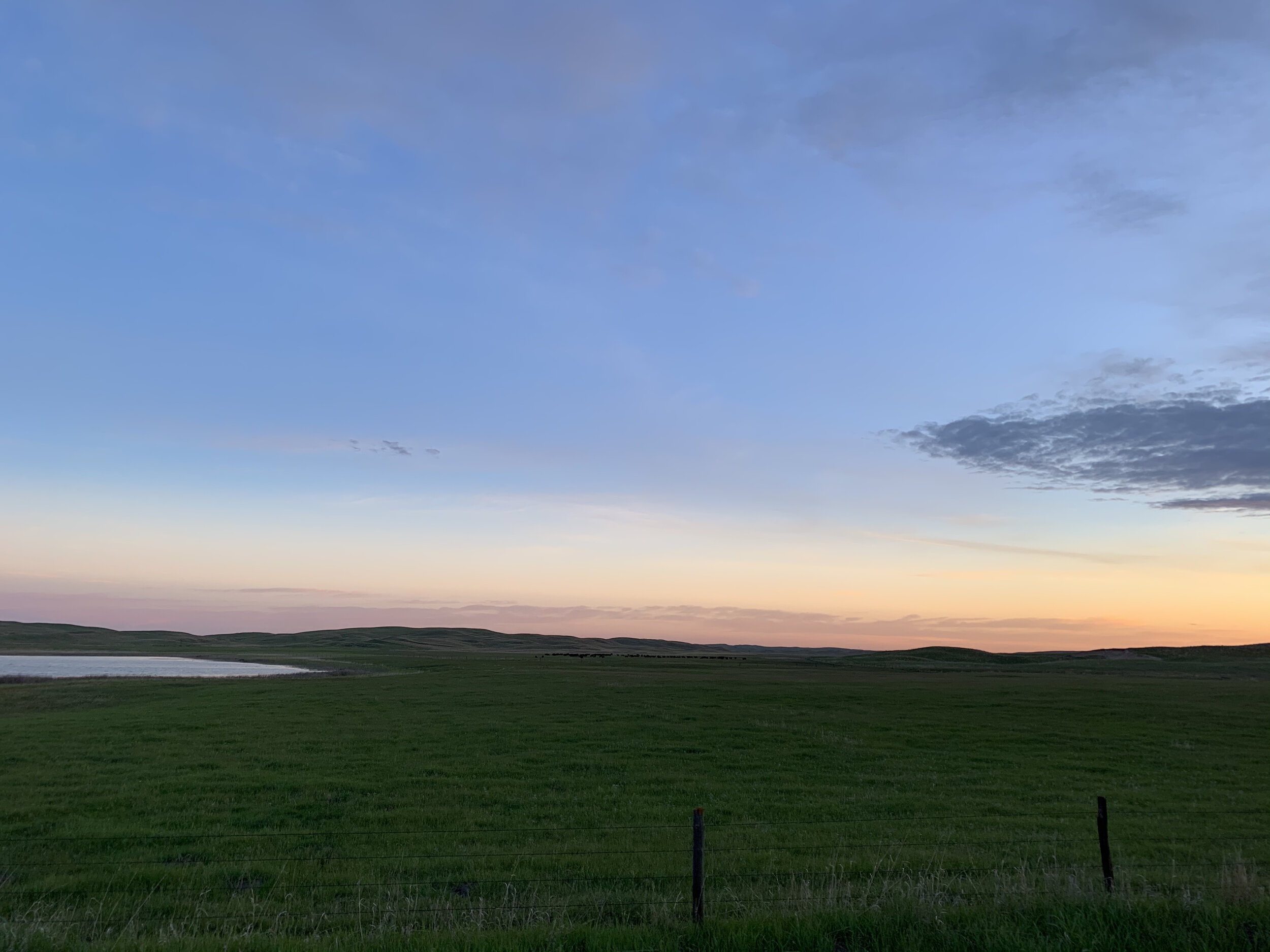The Rural Review
An online journal produced in conjunction with the Rural Reconciliation Project.
The Rural Review publishes digests of important academic contributions, program information, blog-style commentary, and periodic roundups of rural items from across academic disciplines and scholarly media.
Contributions from interested authors are welcome. Find our author guidelines here.
Hibbeler & Mars: A Model for Borderland Conservation Communities of Practice
In Overcoming Episodic Political Uncertainties and Tensions: Borderland Conservation Communities of Practice and the Bridging and Linking of Social Capital, Kari Hibbeler and Matthew M. Mars (both Agricultural Education, Technology & Innovation, University of Arizona) consider how political uncertainty and tension affect the formation and function of wildlife conservation initiatives along the borderland between the US and Mexico. Drawing on feedback from semi-structured interviews with fifteen conservation professionals along the southeastern Arizona (AZ) and northcentral Sonora, Mexico (SO) borderland region, Hibbeler and Mars propose a borderland conservation communities of practice (BCCsP) model that encourages collaboration between the agencies and organizations.
Fisher Page & Farrell: Disentangling Rural Access to Justice and the Rural Attorney Shortage
In One Crisis or Two Problems? Disentangling Rural Access to Justice and the Rural Attorney Shortage authors Daria F. Page and Brian R. Farrell (University of Iowa College of Law) examine the relationship between rural access to justice and a growing shortage of rural attorneys. In particular, the authors argue that conflating rural access to justice with a shrinking number of rural attorney’s fails to effectively address rural justice access.
Hafiz: The Law of Geographic Labor Market Inequality
In The Law of Geographic Labor Market Inequality, Hiba Hafiz (Boston College Law) explores the legal sources of the relationship between employer power and geographic inequality. Hafiz challenges the spatial equilibrium hypothesis, a view that market forces will correct geographic divergence, by examining empirical evidence and federal regulation of the labor market.
Anderson & Johnson: The Politics of a Just Energy Transition
In The Spatial and Scalar Politics of a Just Energy Transition in Illinois, Shannon Anderson and McKenzie Johnson (both Natural Resources and Environmental Sciences, University of Illinois at Urbana-Champaign) evaluate the political climate and decision-making processes surrounding Illinois’s 2021 Climate and Equitable Jobs Act (CEJA), which established clean energy mandates with an emphasis on social equity.
Walton: Misrecognition and Well-Being
In Misrecognition and Well-being in Culturally White Northern England, author Emily Walton examines the social experience of rural racial minorities. Walton’s research outlines the social experience of minority populations in rural areas, and how such interactions impact racialized minorities’ health and sense of belonging.
Gross: Bail Reform in Rural Communities
In Pretrial Justice in Out-of-the-Way Places – Including Rural Communities in the Bail Reform Conversation, Jordan Gross (Idaho College of Law) addresses bail reform movements and advocates for the implementation of varied approaches best suited to each jurisdiction’s “constitutional limitations” as well as the individual resources of each community. The author presents a high-level view of bail reform strategies followed by a state-specific inquiry into the bail reform tools implemented by rural communities in Montana.
Gershenson & Desmond: Eviction Crisis in Rural America
In Eviction and the Rental Housing Crisis in Rural America, Carl Gershenson and Matthew Desmond (both Sociology, Princeton University) detail the demographic and economic factors relating to eviction filings in rural America using data compiled in a national database. The authors note the lack of comprehensive research on the eviction crisis facing rural Americans, as most research focuses instead on the urban eviction crisis. By offering the first comprehensive analysis of evictions in rural communities, Gershenson and Desmond identify the significant impact of racial biases and lack of affordable quality housing on rural communities.
Lintal: Shared Housing as a Solution to Rural Housing Crisis
In Shared Housing as a Missing Middle Solution for Rural Communities, Alison Lintal (Penn State Dickinson School of Law) discusses the benefits of shared housing arrangements as a potential solution to the housing crisis for rural communities facing shifting demographics. This article presents the history of shared housing in rural spaces while also addressing the legal and social obstacles to future implementation. Lintal also delves into the challenges of developing shared housing due to “arcane” zoning and regulatory restrictions. The author employs a holistic approach to address the proposed benefits, challenges, and necessity of implementing shared housing programs.
Pipa: Forging a New Compact with Overlooked America
In Toward a New Compact With Rural America, the foreword to the University of Richmond Law Review's Symposium, Overlooked America: Addressing Legal Issues in Rural United States, Anthony F. Pipa (Center for Sustainable Development, Brookings Institution) introduces the Symposium by outlining the challenges rural America faces and how public policy is the potential solution.









